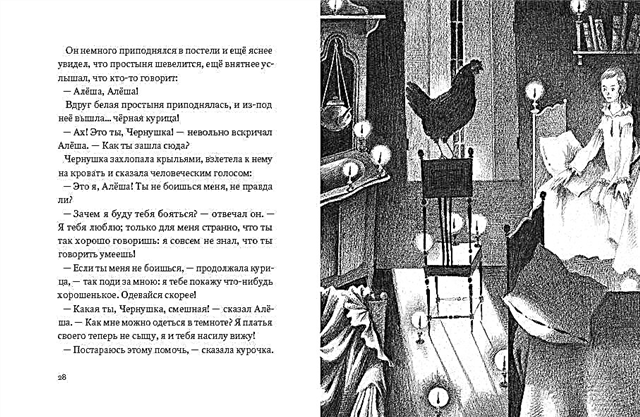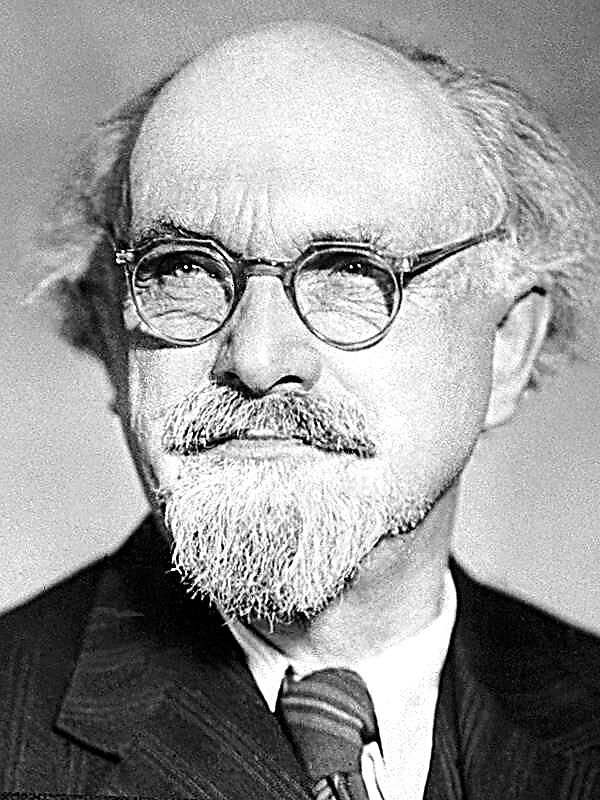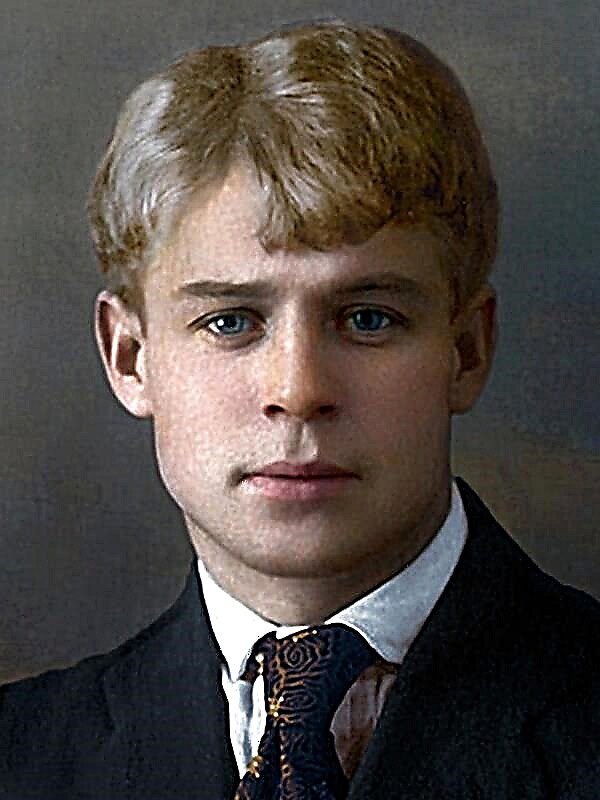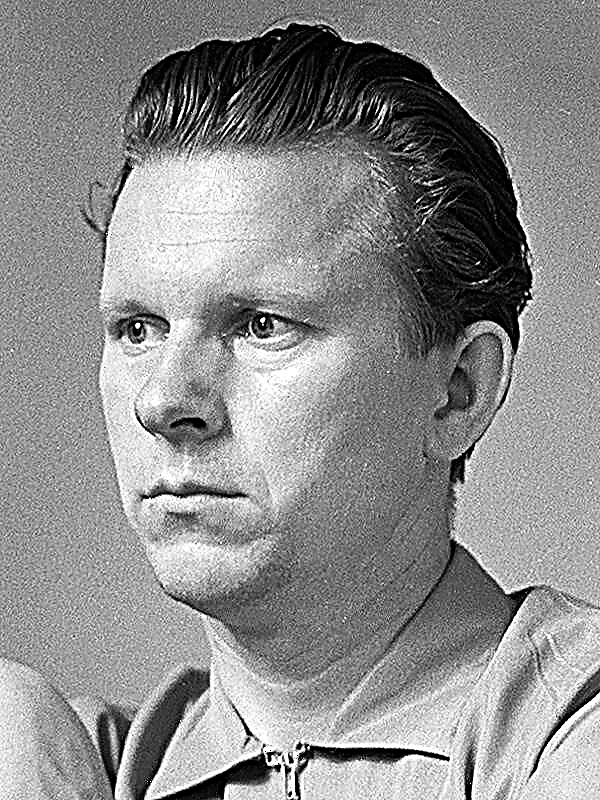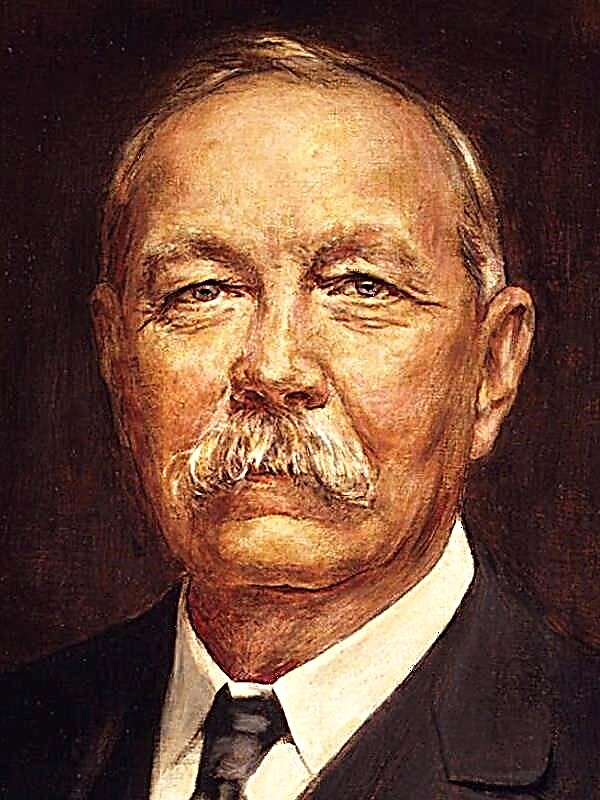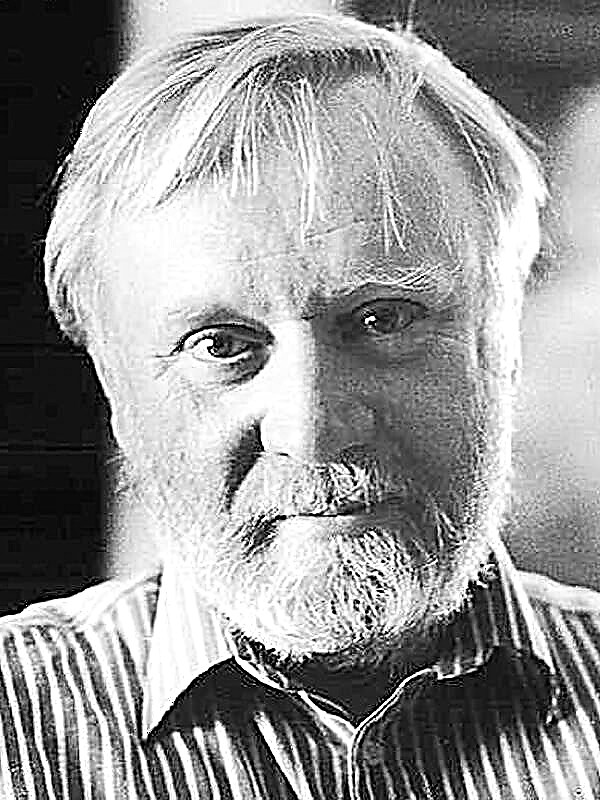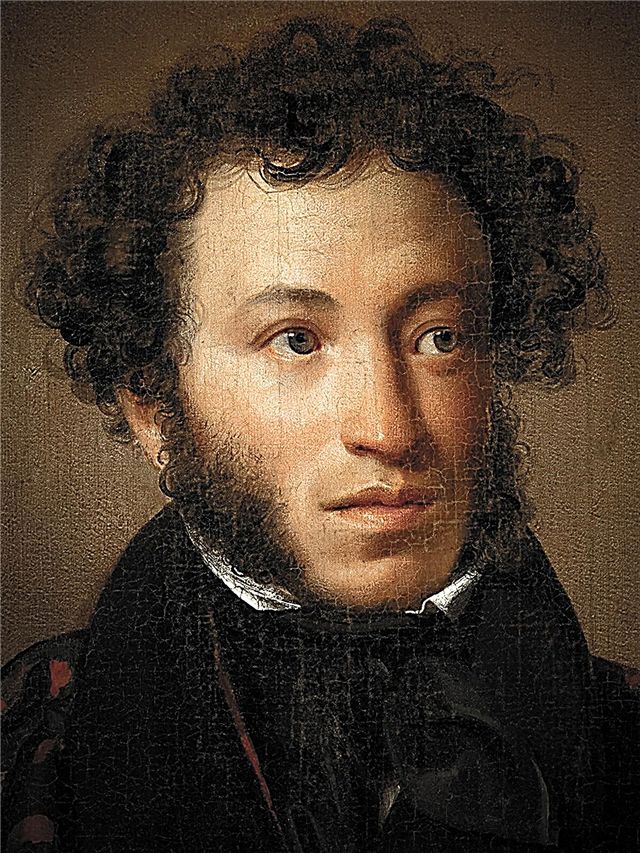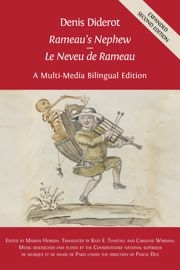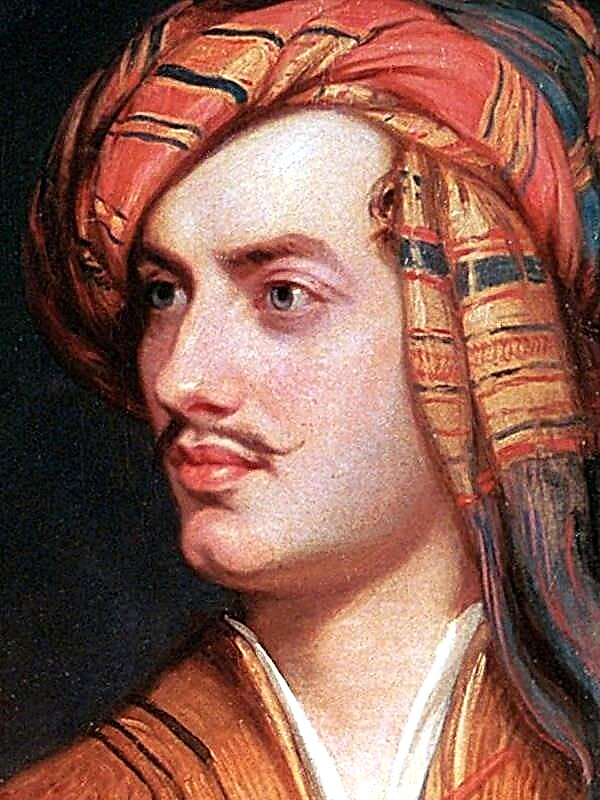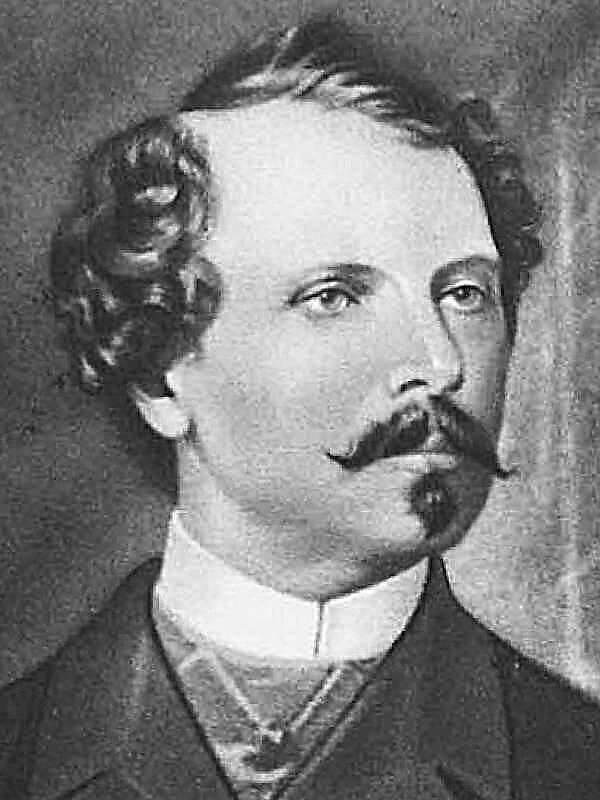In literature, an important transitional stage at the turn of two centuries is associated with the name of Alexander Ivanovich Kuprin. Not the last role in this was played by the historical breakdown in the political and public life of Russia. This factor, undoubtedly, most strongly influenced the writer's work. A. I. Kuprin is a man of unusual fate and strong temper. Almost all of his works are based on real events. An ardent fighter for justice sharply, boldly and at the same time lyrically created his masterpieces, which were included in the golden fund of Russian literature.
Birth and childhood
Kuprin was born in 1870 in the town of Narovchat in the Penza province. His father, a small landowner, suddenly died when the future writer was only a year old. Left with his mother and two sisters, he grew up, suffering hunger and all kinds of hardships. Experiencing serious financial difficulties associated with the death of her husband, the mother attached her daughters to a state-run guesthouse, and together with little Sasha she moved to Moscow.
Kuprin's mother, Lyubov Alekseevna, was a proud woman, since she was a descendant of a noble Tatar family, as well as a native Muscovite. But she had to make a difficult decision for herself - to give her son to be raised in an orphan school.
Kuprin’s childhood spent in the guesthouse was bleak, and his internal state always seemed depressed. He felt himself out of place, felt bitterness from the constant oppression of his personality. After all, given the origin of the mother, whom the boy was always very proud of, the future writer, as he grew up and became an emotional, active and charismatic person.
Youth and education
After graduating from the orphanage school, Kuprin entered the military gymnasium, which was later transformed into a cadet corps.
This event in many respects influenced the further fate of Alexander Ivanovich and, first of all, his work. Indeed, it was from the beginning of his studies at the gymnasium that he first revealed his interest in writing, and the image of Lieutenant Romashov from the famous novel “The Duel” is the prototype of the author himself.
Service in the infantry regiment allowed Kuprin to visit many remote cities and provinces of Russia, to study military affairs, the basics of army discipline and drill. The theme of officer everyday life took a strong position in many of the author's works of art, which subsequently caused controversial debates in society.
It would seem that a military career is the fate of Alexander Ivanovich. But his rebellious disposition did not allow this to materialize. By the way, the service was completely alien to him. There is a version that Kuprin, being under the influence of alcohol, threw a police officer from the bridge into the water. In connection with this incident, he soon resigned and forever left the military.
History of success
Having left the service, Kuprin felt an urgent need for comprehensive knowledge. Therefore, he began to actively travel around Russia, to get to know people, to draw a lot of new and useful information from communication with them. However, Alexander Ivanovich sought to try his hand at various professions. He gained experience in the field of surveyors, circus artists, fishermen, even pilots. However, one of the flights almost ended in tragedy: as a result of the crash of the plane, Kuprin nearly died.
He also worked with interest as a journalist in various print media, wrote notes, essays, and articles. The vein of the adventurer allowed him to successfully develop all that was begun. He was open to everything new and absorbed what was happening around him like a sponge. Kuprin was a researcher by nature: he eagerly studied human nature, he wanted to feel all the facets of interpersonal communication on himself. Therefore, during his military service, faced with obvious officer licentiousness, bullying and humiliation of human dignity, the creator in a revealing manner formed the basis for writing his most famous works, such as “The Duel”, “Juncker”, “At the Turn (Cadets)”.
The writer built the plots of all his works, relying solely on personal experience and memories he received during his service and travels in Russia. The openness, simplicity, sincerity of the presentation of thoughts, as well as the reliability of the description of the characters' images became the key to the success of the author in the literary path.
Creation
Kuprin wholeheartedly yearned for his people, and his explosive and honest nature, due to the Tatar origin of his mother, would not have allowed to distort on the letter those facts about the life of people whom he personally witnessed.
Kuprin was full of life, as well as the desire to share this emotional richness. Pleasing for the purity and sincerity of human feelings, the author created a sentimental and tragic story "Garnet bracelet". In it, he reflected true, deep and disinterested love, however, unrequited. Perhaps the writer even exalted her over all other feelings. At the same time, Kuprin unsurpassedly truthfully and naturally revealed the lifestyle of the representatives of the nobility, but with a touch of satire, for which, of course, he was subjected to literary criticism.
However, Alexander Ivanovich did not condemn all of his characters, even bringing to the surface their dark sides. Being a humanist and a desperate fighter for justice, Kuprin figuratively demonstrated this peculiarity in his work “Pit”. It tells about the life of the inhabitants of brothels. But the writer does not focus on heroines as fallen women, on the contrary, he offers readers to understand the prerequisites for their fall, in the torment of their hearts and souls, offers to make out in every libertine, first of all, a man.
The theme of love is saturated with more than one work of Kuprin. The most striking of them is the story "Olesya". In it, as in Pit, there is an image of a narrator, an explicit or implicit participant in the events described. But the narrator in Oles is one of two main characters. This is a tale of noble love, partly its heroine considers herself unworthy, which everyone takes for a witch. However, the girl has nothing to do with her. On the contrary, her image embodies all the possible female virtues. The finale of the story cannot be called happy, because the heroes do not reunite in their sincere impulse, but are forced to lose each other. But happiness for them lies in the fact that they had the opportunity in life to experience the power of all-consuming mutual love.
Of course, the novel “The Duel” deserves special attention as a reflection of all the horrors of army manners that prevailed then in tsarist Russia. This is a vivid confirmation of the features of realism in the works of Kuprin. Perhaps this is why the story caused a flurry of negative reviews from critics and the public. The hero of Romashov, with the same rank of second lieutenant as Kuprin himself, who once resigned, like the author, appears before readers in the light of an extraordinary personality, whose psychological growth we can observe from page to page. This book brought widespread fame to its creator and rightfully occupies one of the central places in his bibliography.
Kuprin did not support the revolution in Russia, although at first he met quite often with Lenin. In the end, the writer emigrated to France, where he continued his literary work. In particular, Alexander Ivanovich loved to write for children. Some of his stories (“White Poodle”, “Elephant“,“ Starlings ”), undoubtedly, deserve the attention of the target audience.
Personal life
Alexander Ivanovich Kuprin was married twice. The first wife of the writer was Maria Davydova, the daughter of a famous cellist musician. In the marriage, a daughter was born Lydia, who later died during her birth. The only grandson of Kuprin who was born died from wounds received during the Second World War.
The second time the writer married Elizabeth Heinrich, with whom he lived until the end of his days. In the marriage, two daughters were born, Zinaida and Xenia. But the first died in early childhood from pneumonia, and the second became a famous actress. However, the continuation of the Kuprins did not follow, and to date he has no direct descendants.
The second wife of Kuprin survived him for only four years and, unable to withstand the difficult test of hunger during the siege of Leningrad, committed suicide.
Interesting Facts
- Kuprin was proud of his Tatar origin, so he often wore a national caftan and skullcap, leaving people in such vestments, and went on a visit.
- Partly due to acquaintance with I. Bunin, Kuprin became a writer. Bunin once turned to him with a request to write a note on his subject, which laid the foundation for the literary activity of Alexander Ivanovich.
- The author was famous for his sense of smell. Once, visiting Fedor Chaliapin, he shocked everyone present, eclipsing the invited perfumer with his unique instinct, unmistakably recognizing all the components of the new fragrance. Sometimes when meeting new people, Alexander Ivanovich sniffed them, thereby putting everyone in an awkward position. They said that this helped him better understand the essence of the person who is in front of him.
- Over the course of his life, Kuprin has changed about twenty professions.
- After meeting with A.P. Chekhov in Odessa, the writer traveled to Petersburg to invite him to work in a well-known magazine. Since then, the author has gained a reputation as a rowdy and a drunkard, as he often took part in entertainment events in a new environment.
- The first wife, Maria Davydova, tried to eradicate a certain disorganization inherent in Alexander Ivanovich. If he fell asleep during work, she deprived him of breakfast, or forbade him to enter the house if new chapters of the work on which he worked at that time were not ready.
- The first monument to A. Kuprin was installed only in 2009 in Balaklava in the Crimea. This is due to the fact that in 1905, during the Ochakov uprising of sailors, the writer helped them hide, thereby saving their lives.
- There were legends about the drunkenness of the writer. In particular, the wits repeated the well-known saying: “If the truth is in fault, how many truths are in Kuprin?”
Death
The writer returned from emigration to the USSR in 1937, but already with poor health. He had hopes that a second wind would open in his homeland, he would improve his condition and be able to write again. At that time, Kuprin's vision was rapidly deteriorating.
Upon returning to Moscow, the author fell ill with pneumonia, burdened by progressive cancer of the esophagus. The writer died on August 25, 1938, was buried next to the grave of I. S. Turgenev in Leningrad, now St. Petersburg.

